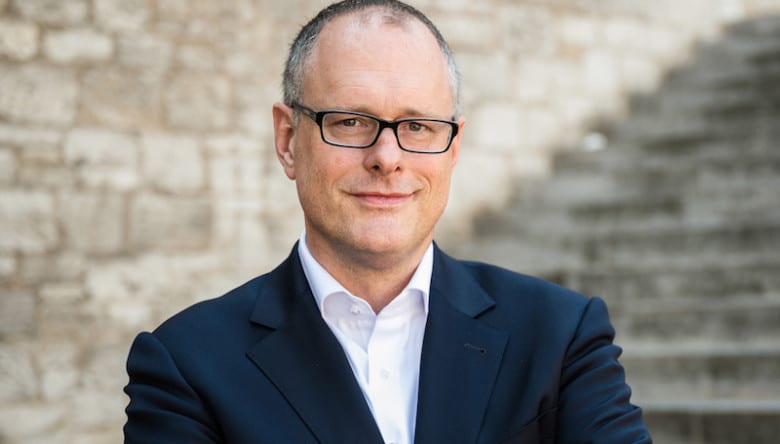The succession problem in German medium-sized companies requires urgent action. Through early communication and openness, initial reservations can be dismantled and a sustainable orientation of the company can be achieved quickly. Real capital is actively committed to forming a new, strong medium-sized company and maintaining Germany’s diversity and innovative strength. An interview with founding partner Torsten Lucas.
KfW recently painted an alarming picture of the succession problems in German SMEs. How do you assess the current situation?
This assessment let’s share. In principle, the problem is not new for Germany. This development had been foreseeable for a long time due to various factors. The crises of recent years and social changes have basically only increased the challenge. Almost half of all companies face a management change in the next 10 years for reasons of age. It is already clear today that there will not be enough successors for the companies to be handed over. For Germany, however, the success of this transformation process is of great economic and social importance.
What do you think needs to happen to change the situation quickly? What would the worst-case scenarios be like?
Photo: Torsten Lucas
There cannot and will not be quick solutions due to demographic developments. Financial incentives and funding programs could provide short-term support at best. What we need is a long-term, business-friendly environment. An ever-increasing bureaucracy and regulation is a heavy burden for companies and entrepreneurs – planning security is no longer given due to the turbulent times and partly impulse-driven politics of the last few years. Something also has to change in society and entrepreneurship has to move more into the middle of it. If we do not succeed in mitigating the imminent bloodletting of small and medium-sized enterprises, then Germany will lose a large part of its economic and innovative power and our economic structure will be dominated by chains and corporations. The diversity that characterizes German medium-sized companies and our jobs would then be lost forever.
With realkapital you rely on a very regional approach. What are the reasons for this?
We devote ourselves to the owner-managed smaller medium-sized companies, which typically fall through the cracks. The companies are often too expensive and cannot be financed by the operational successor from the company. At the same time, they are too small for conventional holding companies. Due to the size of the company, the company structures and competencies are not as well developed as in larger companies. In the group, we bundle competencies such as recruiting, marketing, controlling, etc. Our vision is a new, jointly supported medium-sized company with intensive networking. The efficiency of this concept is highest in the region.
What challenges do you face in finding a suitable successor and what do those who are selling place particular value on? Also with regard to foreign players?
We are finding that fewer and fewer people are willing to take on corporate responsibility. For the remaining candidates, however, we offer strong backing and a maximum of financial, strategic and operational support. This will convince potential successors of our concept and the general conditions. The selling entrepreneurs usually do not care about the last euro in the purchase price. Rather, it is about preserving their life’s work and about the employees finding a good new home. The regional proximity and networking – also to other like-minded entrepreneurs in our group – is also a major argument – especially when foreign investors or corporations and chains play a role as potential buyers.
From your point of view, can external succession solutions also have negative effects? How do you deal with these?
Basically, every succession is a change process. The more unusual the successor solution initially appears, the greater the reservations may be. We counter this with early communication, a high level of openness and transparency. Practice shows that after initial uncertainty, the confidence and satisfaction that a viable solution has been found for the company usually prevails.
Of course, the training of the managing director coming from outside also takes longer than with an insider. But it also brings new impetus. However, in combination with our shared services in the areas of human resources, marketing, accounting and the backing of our investment manager, it is usually very easy to gain acceptance and quickly start working on the future orientation of the company.
Published by: Alexandra Rüsche Since 2009, Alexandra Rüsche has been part of the Mittelstand-Nachrichten editorial team. As a journalist, she writes about tourism, family businesses, health issues and innovations. Alexandra is a member of the DPV (German Press Association – Association for Journalists). She can be reached via the editorial team’s e-mail address: [email protected]
